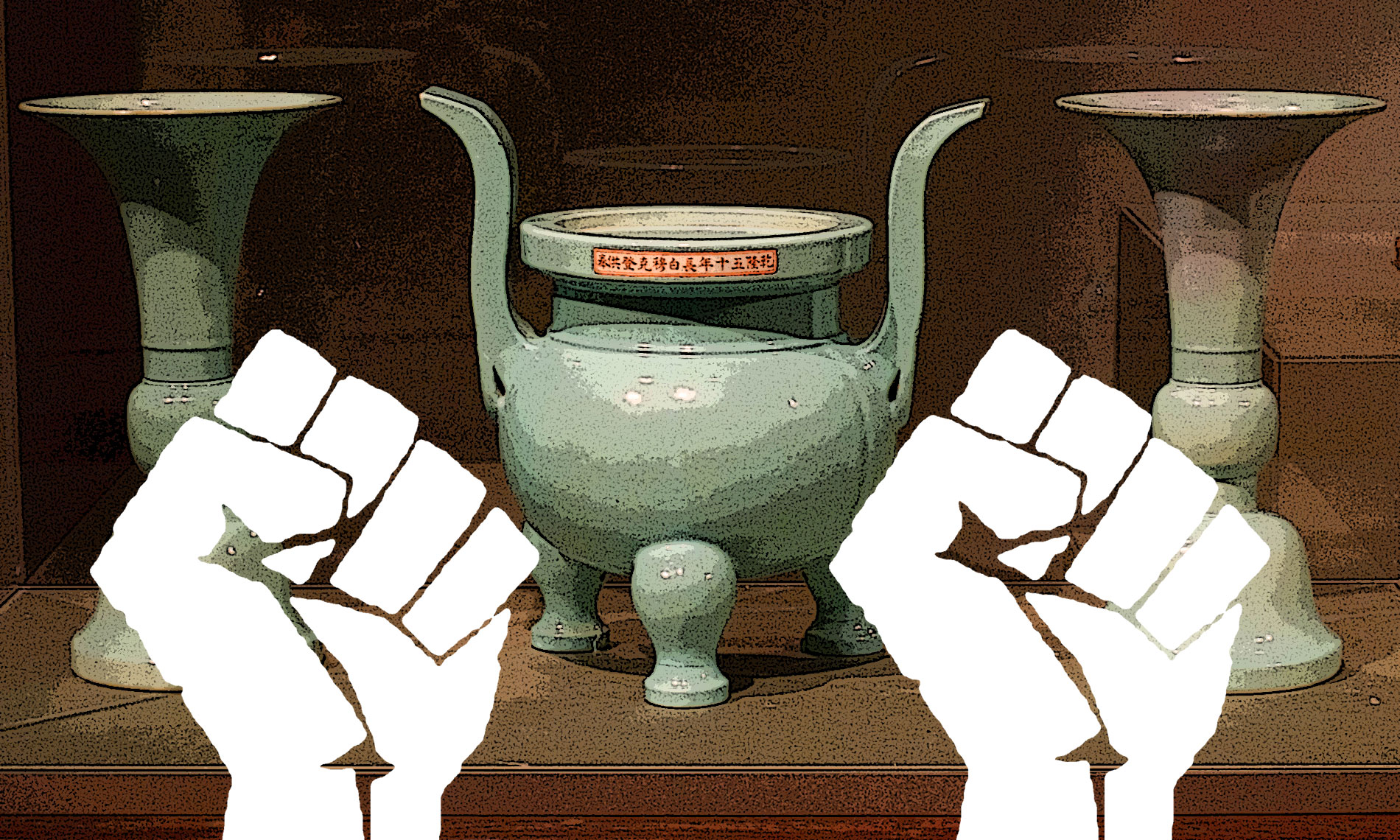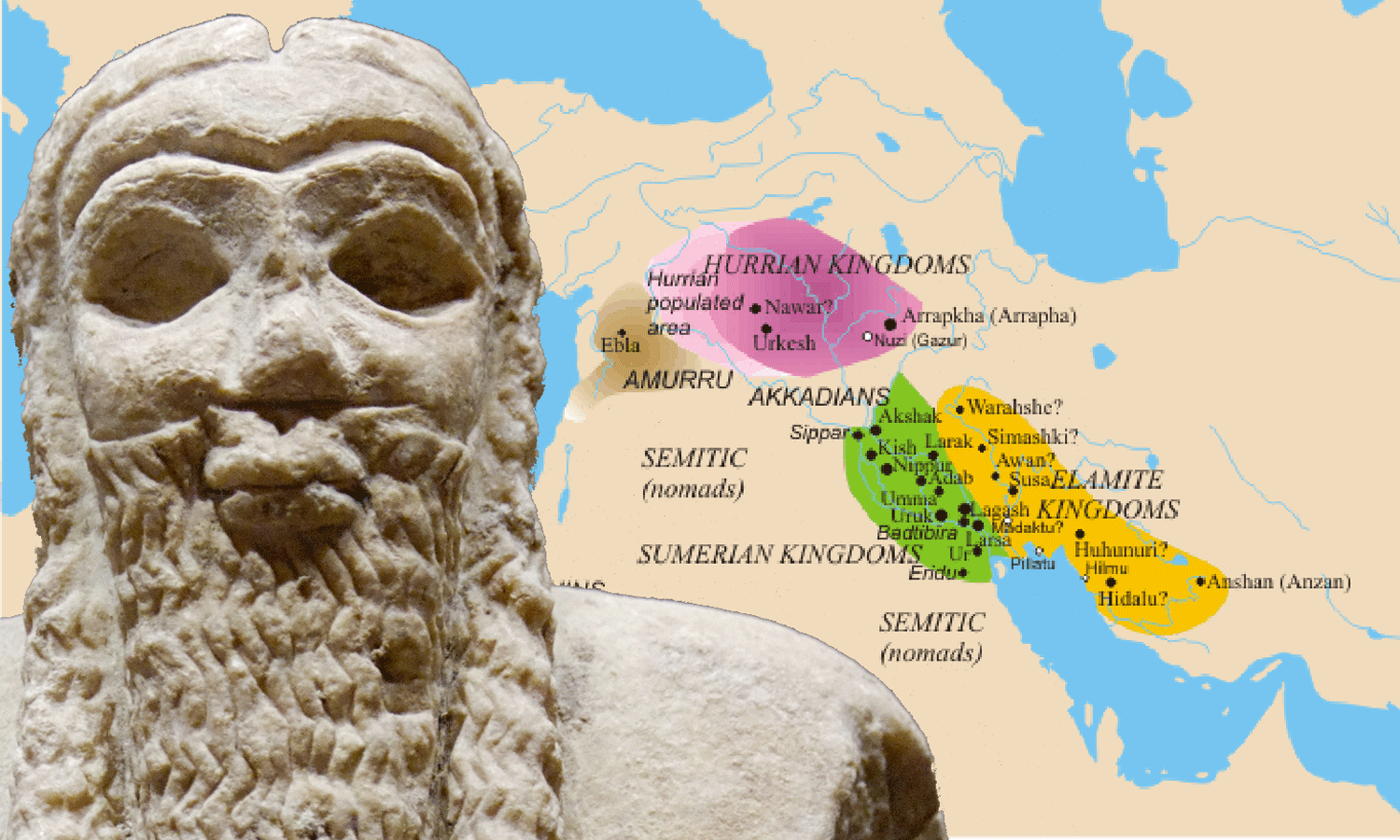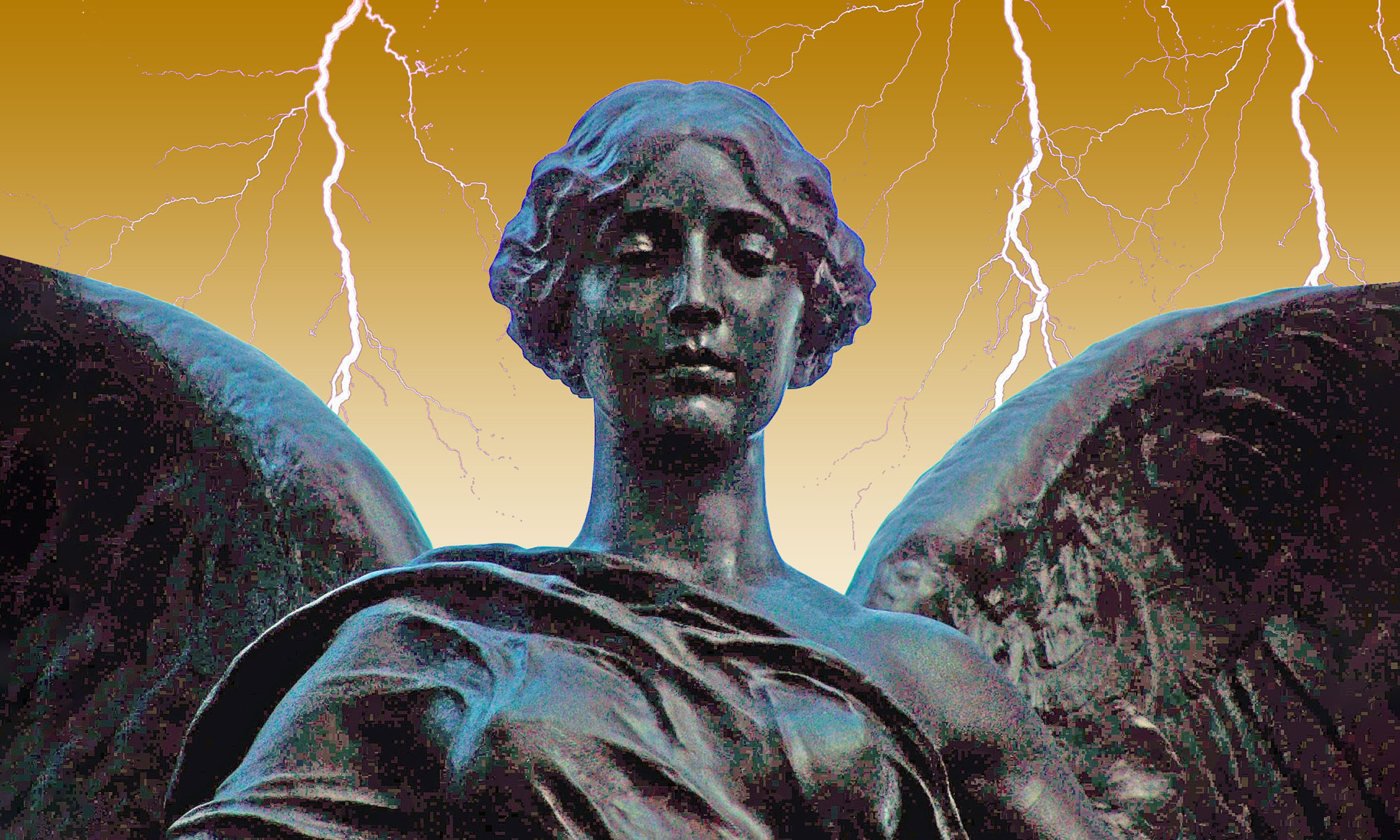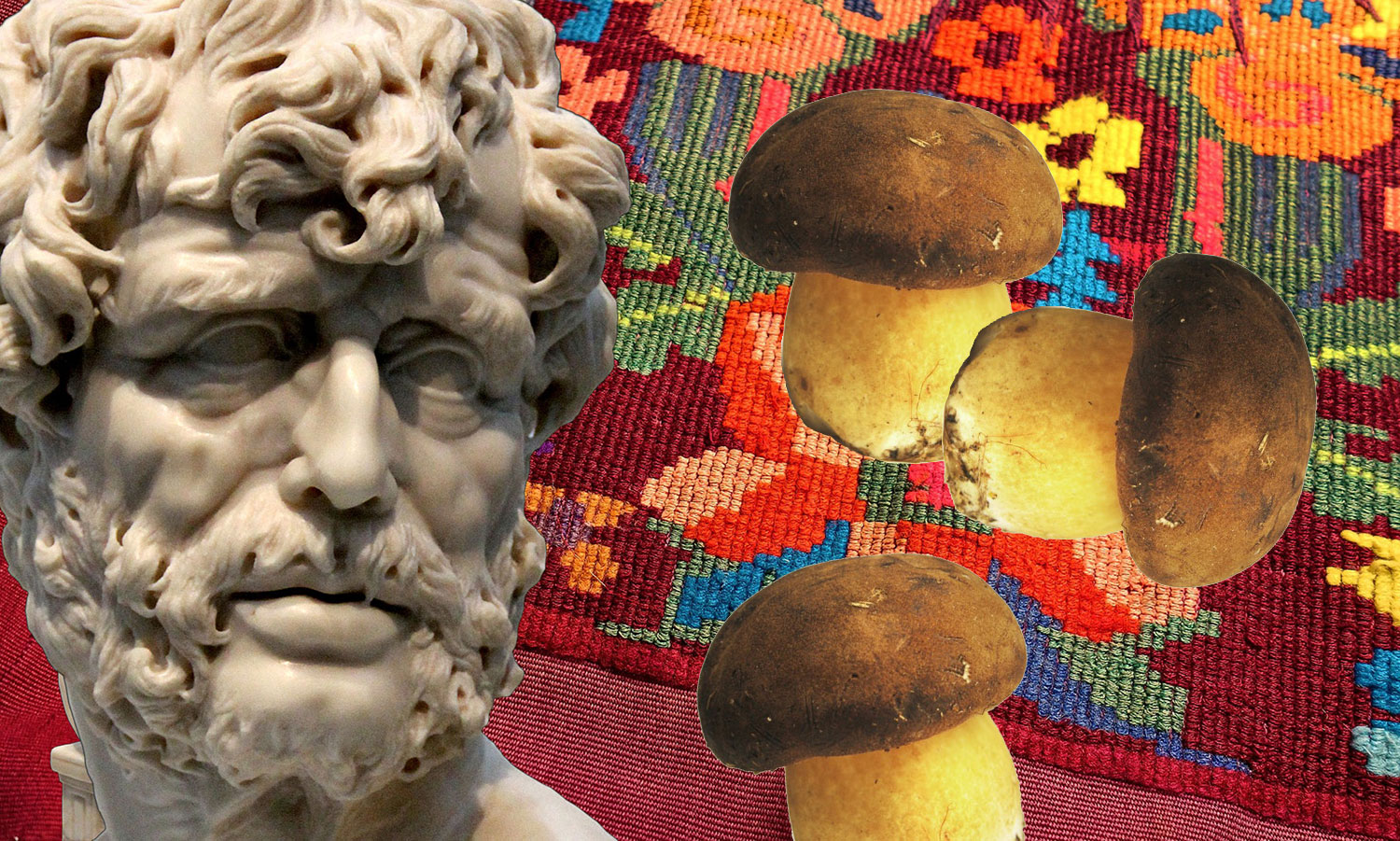
From rite to action is measured not progress but decline. The act describes the logical man. It gives a result based on physical, commercial, psychological, social laws. It is predictable. Its repetition will give an identical result. The rite belongs to beliefs. Science judges it to be ineffective.
Everyone knows what it is. We all put dozens of them every day. Take out the vacuum cleaner to clean the dust, wash to start the day, dress to face the outdoors, all that is done. Or action, if the word is more familiar to you. Note that there can be a big difference between two actions, like the scalar action or the thanksgiving action, for example.
The rite is less banal. Some people practice many each day, others never do one. The rite is akin to vital urgency for the former, to superstition for the latter. You understand, to perform a rite, you have to believe it. Unlike the act which is logical, the rite belongs to the magic, or religious, it’s just like. Without faith, the rite is in vain. Without the intention, the rite is worthless.
Should we oppose or compare them? In fact, I would like to get you to look at them differently. After decades of scrutinizing the myths of the world, my point of view has been reversed. I believe that the rite is an act whose meaning has been lost. Let me explain.
The gods know everything
Originally, the rite had the power and effectiveness of an act. When this efficiency was lost, the act became a rite. He entered the sacred, or religious, or magical sphere. While the word “act” has been reserved for banal actions.

The same devaluation has happened to religions. They were the normal language between the gods before and their human servants. When the gods returned home, religions manifested themselves as rites, magical means to maintain the relationship between men and gods when the latter were no longer among us.
Our educators have shaped us, trained us, raised us. Generations after their departure, we still keep the references that the former gods instilled in us. Our cultures, our languages bear witness to it. And a number of quirks that only explains our divine origin.
Before the last visit of ancient astronauts, the year lasted 360 days. It was twelve months of 30 days, everything was perfect. But their mothership caused a deviation from Earth’s orbit. It is growing, the year lengthened by five short days that screw up everything. Viking legends speak of cosmic chaos in this regard. With a 365-day year, nothing is like nothing. Hence the irregular length of the current months.
As long as they were with us, our ancestors had an obligation to provide them with all the necessary food. They had to share the game animals or the livestock sacrifices, as shown by the ancient sharing of Mekoné. We learn how our protector Prometheus, nephew of Zeus, cheats his powerful uncle to promote the interests of humans.
After the gods
And then the gods left. We were always so afraid of them, even in their absence. Some of the smarter ones were afraid they would come back, but the overwhelming majority were ready to do anything to make them conducive. The sacrifices to the gods? therefore continued as if the absent were still hungry. Humans began to imagine invisible but still present gods.

Why did they do this? Our ancestors were simple, but not stupid. They understood that the gods were gone, they attended their departure. Let’s even say that they took it in the face, this departure. It was accompanied by a nice tsunami. Legends describe it as a rascal wave 4 km high, which would have circled the earth several times. It may be an exaggeration, the fact remains that all the water in the Atlantic Ocean has been lifted as in a bowl that is shaken.
Our ancestors knew very well that the gods were no longer on earth. But they were suspicious. The gods are extremely dangerous. They have eyes that see from very long distances, ears that hear what is said through the thickest walls. God sees everything, God knows everything, such is the refrain that I was made to give up in catechism.
The gods before used modern technology, I have said it a hundred times already. They had cameras, pickup microphones, recorders, touch screens, all the gear of James Bond and Johnny English. No doubt they continued to collect information about us, as they still do today. But they no longer needed to have their share of food, of course. However, humans did not know.
The sacred act of feeding the gods present has become an unnecessary rite in their absence. The rite is an act emptied of its meaning. Magical thought, will say strong minds, well named. These intuition handicapped are weak and fragile. They can only rely on the logical sphere, which is always insufficient in extreme cases. As long as everything is fine, logic is an illusion. When everything starts to mess up, intuition alone can save you. Survivalists should think about it more seriously.
Aimless action
The real difference between the rite and the act, it is not so much that the rite is emptied of its substance, it is rather that, in the point of view of the warrior or the sorcerer, the act is devoid of the expected effect. Indeed, the warrior does not expect a result from his actions. He acts, it is his duty, but has no illusions about efficiency.

A warrior acts endlessly, aimlessly. To act to act, that is its motto. The wisdom is to know that it is illusory to expect a predictable result. Projects are banned from his life. If you want to entertain God, tell him your plans, says a Russian proverb.
When I was manager of a small advertising agency, I hated cold calling. Hitting on the potential customer is not a good thing for a creative person. He prefers to send a salesperson to the front, who can extol the merits of the creative without dying of shame and shame.
But sometimes it had to be done, and I reluctantly picked up the phone. Needless to say, my efforts had no results. Let’s say no logical result. Because the next day, invariably, I received a call from a former prospect who offered me work.
It had nothing to do with my calls from the previous day, but the magic result was still good to take! I used the same trick with my sons when we were going to pick mushrooms. If luck did not smile at us, we used to give up out loud, with the utmost firmness: “Who loves mushrooms? Laughed my sons. Not us! We are walking in the forest, that is more than enough for us!“
When our renunciation was really sincere, the mushrooms rushed to meet us, we had to be careful not to crush them inadvertently. These are two examples of magical action. This process is based on an invariable principle: the establishment of intention.



